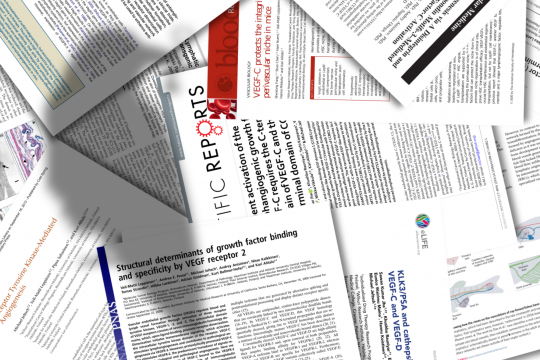The 12-month embargo falls

Under Barack Obama, the 12-months-rule was instituted, which demands that any research that is using US-federal funding must become freely accessible to the public at the latest 12 months after its publication (https://www.science.org/content/article/white-house-unveils-long-awaited...). A new executive order by Joe Biden is now getting rid of the 12-month-rule requiring immediate availability starting at the latest on December 2025. Other notable improvements of this executive order concern the requirement for machine readability, metadata annotation, and raw data availability. Furthermore, these new rules do not only affect journal articles but include from now on also book chapters and conference proceedings (https://www.theverge.com/2022/8/26/23322194/white-house-ostp-open-access...).
Many for-profit publishers object because their license to print money is slowly eroding. What they do not mention is, that the highest-skill work done in the whole publishing business - namely article writing and peer review - is still done entirely for free by academics around the world. If publishers would need to pay market prices for authors' and reviewers' working time, they would - without exception - all go bankrupt within a year. Every academic spends a significant amount of working time on writing and reviewing other academics' manuscripts WITHOUT ANY REIMBURSEMENT. In fact, many of us do this job in the evenings and on weekends, because we are fully booked with grant application writing, administration and teaching during our regular working time. Many of these manuscripts are then published by for-profit publishers, which go on to monetize the results of research write-ups and the peer review process, which has been paid by taxpayers' money.
Some for-profit publishers do a valuable and fantastic job to improve the accessibility and quality of their authors' works. Others seem to be in it mostly for the money. Among the latter are unfortunately also many Open Access journals (see here: https://jeltsch.org/mdpi). The elephant in the room is SciHub. Even though my university pays for access to most journals I need, the access is so obfuscated and temporarily dysfunctional, that I frequently have to resort to Sci-Hub in order to get a PDF article from a journal, to which my university subscribes. Alternatively I have used ResearchGate and #icanhazpdf to get electronic reprints, but SciHub is by far the fastest and most reliable option. More about Sci-Hub: https://www.zmescience.com/other/feature-post/sci-hub-effects-academic-p....



